Tom Rowlands, managing director, global EV solutions at Allstar Business Solutions
Everyone has been affected by the rise in energy costs, with the typical consumer likely to see yearly prices rise to £3,358 starting from October 2022.
But many fear this figure could be higher if they own an electric vehicle (EV), and use it for work or in their personal lives – with mainstream media reporting on the soaring cost of electric vehicle (EV) charging.
Additionally, those looking to make the switch to EVs ahead of the 2030 ban of new internal combustion engine (ICE) vehicles in the UK could be hesitant and dissuaded from switching to EVs at a time when we need all hands-on deck to make the switch away from ICE vehicles.
However, it is important to remember that electricity costs have soared globally due to the cost of fossil fuels escalating in response to the war in Ukraine, as countries around the world compete for fossil fuel shipments.
Therefore, continuing to use fossil fuels as a source of our energy is simply not the answer.
Currently, around 50% of the UK’s electricity comes from gas.
However, if all of our electricity was coming from nuclear, biomass and renewable sources then we would have seen virtually no increase in prices.
Secondly, rapid charging, which is the most expensive form of charging an EV, is still significantly cheaper than refuelling petrol or diesel.
Although the price may have risen by 20% since last September, the typical family-sized EV now costs £28.51 using a rapid charger - £64.25 cheaper than filling the same size car with fuel.
This figure is representative globally, with the cost of charging an EV at home in the US costing on average no more than one third of the price of filling up a petrol or diesel vehicle.
Therefore, whether you are charging at a public chargepoint, at work or at home you will potentially make significant savings, even now when we are experiencing record breaking electricity prices.
If you live in the UK and charge your EV at home or at a private business you will also benefit being charged 5% VAT, rather than the 20% operator margin that is in place for charging at public points.
In summary, although we can expect the cost of EV charging to continue to rise for the foreseeable future, this is not prohibitive and will still be significantly below the cost of fossil fuels and the cost it takes to fill an ICE vehicle.
We can expect the price of EV’s to drop over the next few years, as although it may take some time before energy prices go down, they become cheaper to make due to advancements in batteries and car manufacturers making more mass-market cars.
Fleet News content
> Interested in comparing electric vehicle data? Check out our EV tool.
> Interested in ensuring the efficient use of EVs. Check out our dedicated editorial sections: Insight & policy | EV news | Charging & infrastructure | Costs & incentives | Benefit-in-kind | EV case studies | EV road tests



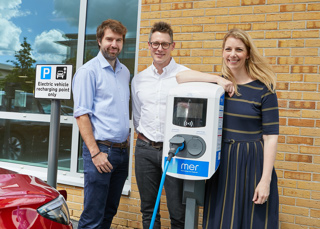
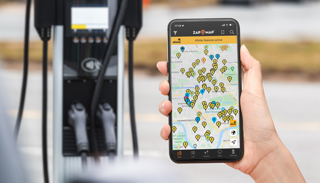
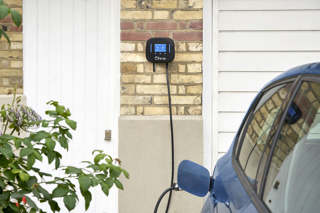
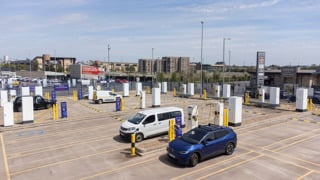
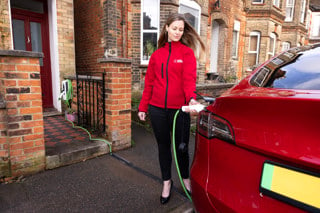










Login to comment
Comments
No comments have been made yet.